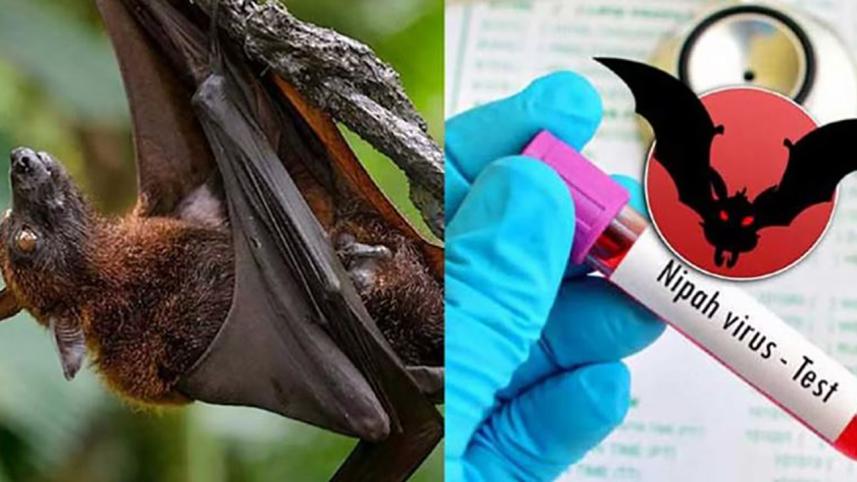Five cases, five deaths!

- Overall case fatality rate 71pc
- Since 2001, 343 patients identified, 245 died
- Cases found in 4 districts this year
All five people identified to be infected with the Nipah virus in Bangladesh so far this year have died, according to the Institute of Epidemiology, Disease Control and Research (IEDCR). The victims include four men and one woman, with two of them being children
The IEDCR revealed these findings yesterday during a view-exchange meeting titled "Spread and Risk of Nipah Virus" at its auditorium.
In her keynote speech, Prof Tahmina Shirin of the IEDCR said that while winter brings seasonal delicacies, such as raw date palm sap, many remain unaware of the risks associated with consuming it. The sap, potentially contaminated by bats, is a primary transmission route for the virus in Bangladesh.
Highlighting surveillance data, Prof Tahmina said Nipah virus was first detected in the country in 2001. Since IEDCR began its surveillance in 2006, 334 cases have been reported, resulting in 245 deaths—a fatality rate of 71 percent.
This year's deaths include two individuals from Manikganj, while the others are from Khulna, Shariatpur, and Naogaon.
Prof Tahmina said Nipah virus was first identified in Malaysia in 1998-99, spreading to Singapore and later becoming endemic in Bangladesh and India from 2001. In 2023, 13 cases were reported across eight locations in the country, with the virus now detected in 34 districts.
"Raw date palm sap remains the primary vehicle of transmission in Bangladesh," she said. Twelve tertiary hospitals have observation centres for monitoring Nipah virus patients, she added.
Symptoms of Nipah infection include fever, which may appear within eight days of consuming contaminated sap. The virus can also be transmitted to infants through breastfeeding, and neurological complications may persist in survivors for extended periods.
Prof Tahmina advised, "Before consuming fruits and vegetables, they must be washed thoroughly. Any fruit bitten by bats, animals, or birds should be avoided." She called for heightened awareness, particularly in upazila- and district-level hospitals, where testing facilities remain unavailable. With no vaccine currently available, the Nipah virus continues to pose a significant health risk nationwide.



 For all latest news, follow The Daily Star's Google News channel.
For all latest news, follow The Daily Star's Google News channel.
Comments